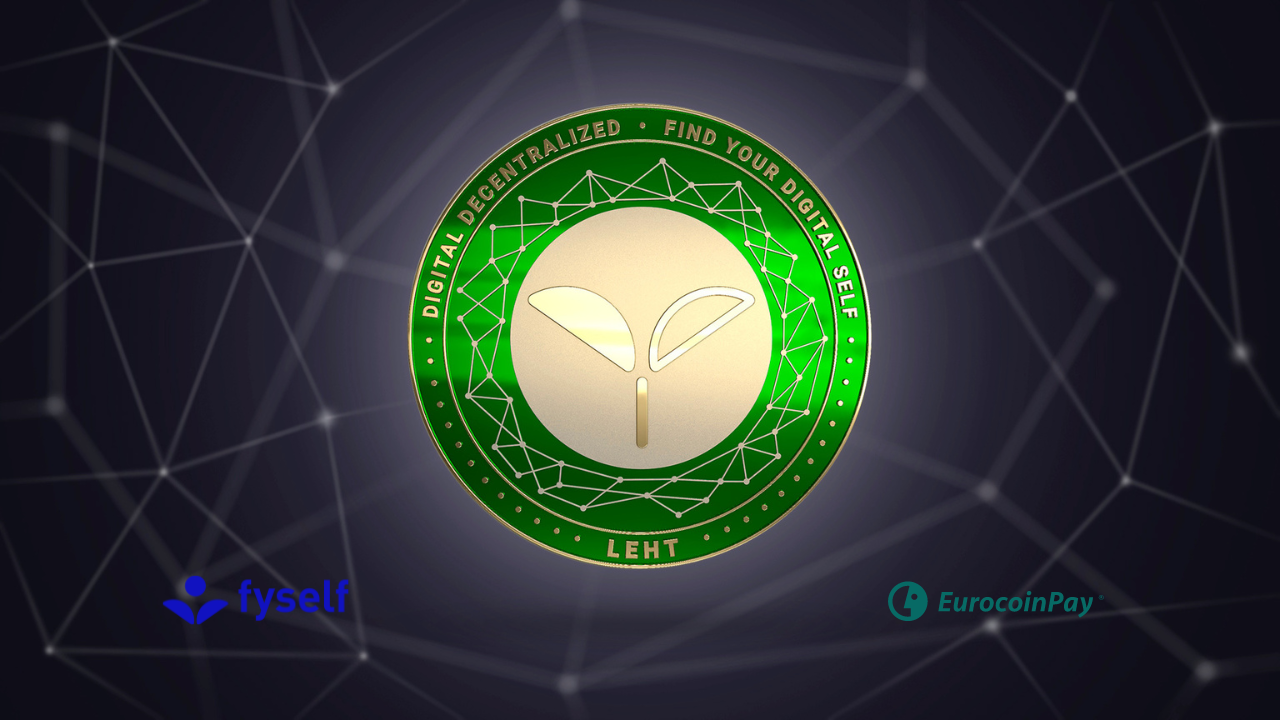Charter of Digital Rights for consultation in Spain
To guide the legislation of digital life is one of the biggest contemporary challenges. Along this legal path, the Spanish Government recently presented a first version of its Charter of Digital Rights.\
The objective is to transfer the rights that we already have in the analog world to the digital world and to be able to add some new ones, such as those related to the impact of artificial intelligence and neurotechnologies.»
Carmen Artigas, Secretary of State for Digitalization and Artificial Intelligence, during the presentation of the document.
When did the process start?
The path for this Charter of Digital Rights, one of Pedro Sánchez’s electoral promises, began on June 15th. On this date the document preparation process began. For this they made team of specialists in digital law at the request of the Executive.
It came to light on November 17th, for public consultation until December 4. Thus allowing citizens to issue criteria regarding the document. They will take these proposals into account for the final drafting of the Charter.
When the process ends, it will be the first document of its kind in the Iberian nation. Here is also very important to realize that it defines topics through popular exchange.
The objective of the process of preparing a Charter of Digital Rights is to recognize the challenges posed by the adaptation of current rights to the virtual environment, and to propose a frame of reference to contribute to their protection in that context.»
Website of the Ministry of Economic Affairs and Digital Transformation
What does this document propose?
The Digital Rights Charter, one of the projects of the Digital Spain 2025 plan, consists of five blocks of rights. These are: Freedom, Equality, Participation and Conformation of the public space, the Labor and Business Environment and Digital in specific environments.
The first has to do with the freedoms of citizens in the virtual environment. Special attention deserve the points dedicated to data protection, digital identity and pseudonymity.
These data will be treated fairly, for specific purposes and on the basis of the consent of the person concerned or by virtue of another legitimate basis provided by law. Everyone has the right to access the data collected that concerns them and to obtain its rectification ”.
Article II Right to data protection, proposed Charter of Digital Rights
The second group includes the rights of equality. These focus on the protection of citizens against any type of discrimination. They also emphasize on the protection of minors, the disabled and the elderly.
On the other hand, the third section of the Charter of Digital Rights refers to freedom of expression and freedom of information, the right to citizen participation and digital education, as well as the digital rights of citizens in relation to public Administrations.
The fourth block of the document refers to rights in the labor and business spheres. While, in the last section, among other topics, they emphasize on rights when facing Artificial Intelligence, a topic that is trending in these times.
With this proposal for a Charter, Spain wants to continue in an international vanguard position in the protection of citizenship rights and actively contribute to the different initiatives and debates that are being developed in the European and global sphere.»
Website of the Ministry of Economic Affairs and Digital Transformation
Artículos relacionados


